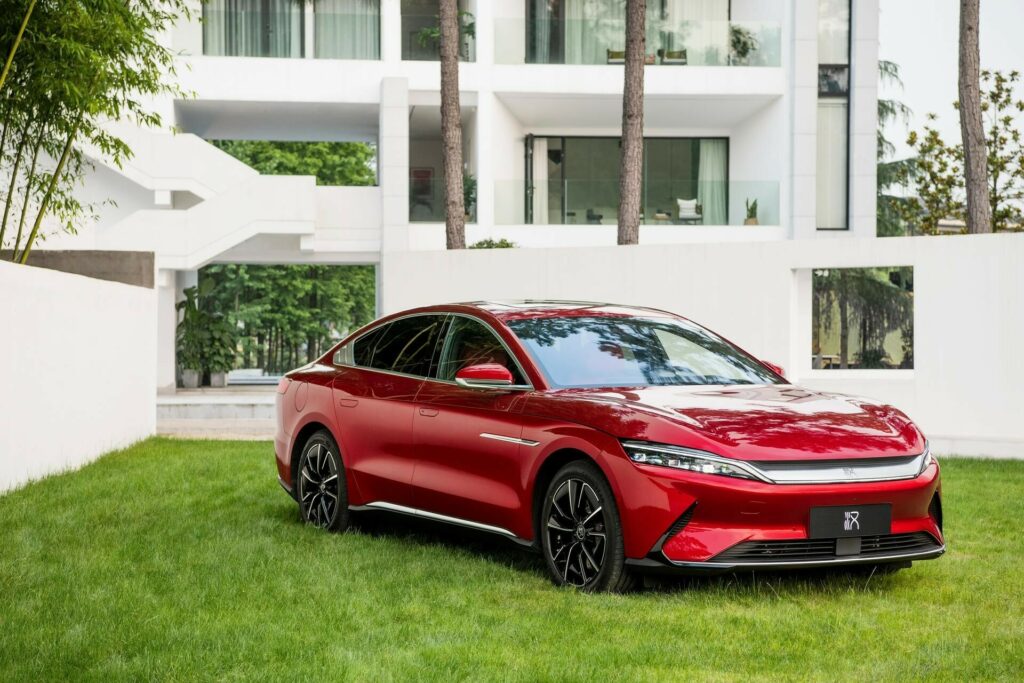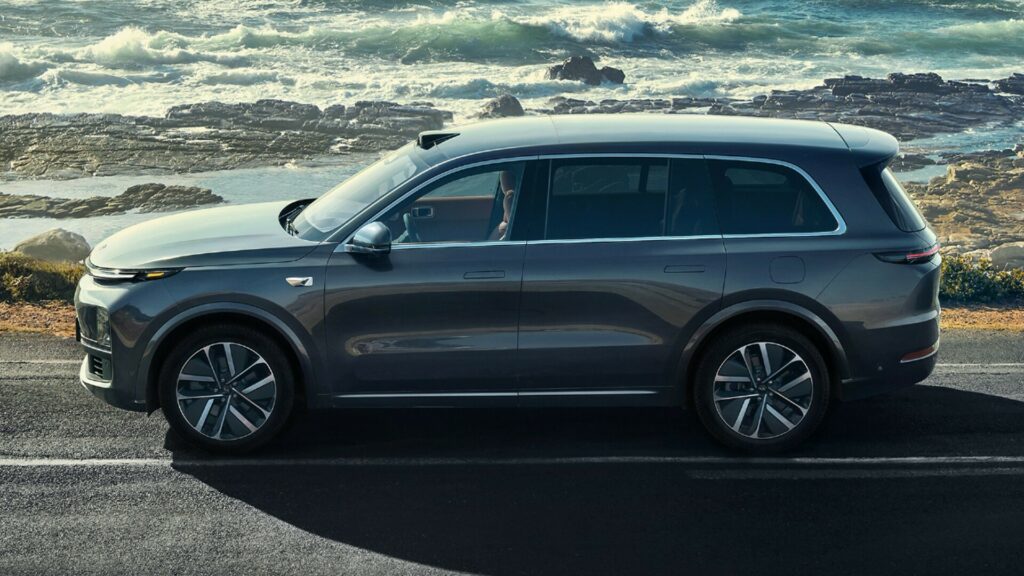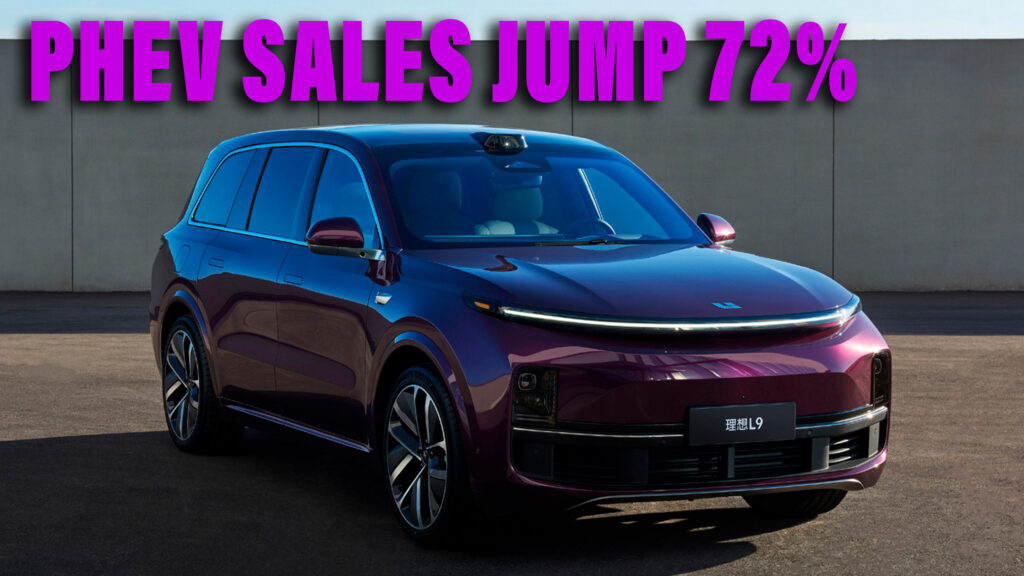While the number of new electric vehicles being sold in China continues to swell, a growing number of consumers are opting to buy hybrids thanks in part to their affordability.
In most markets, hybrids are sold at a premium over ordinary internal combustion engine vehicles but that’s not the case in China. In fact, some hybrids are cheaper than standard gasoline models and upwards of 23% cheaper than battery-electric vehicles.
It’s little surprise then that sales of plug-in hybrids grew by 72% during the January-September 2023 period to 1,370,324 units up from the 798,164 sold last year. Additionally, sales of extended-range hybrids (EREVs) have swelled by 157% from 153,925 units to 395,390 units. To put these figures into perspective, BEV sales in sale have ‘only’ grown by 14% this year from 3,076,827 to 3,503,366 and sales of ordinary ICE vehicles have dropped by 11% from 10,634,847 to 9,498,793, data from the China Association of Automobile Manufacturers and published by Reuters reveals.

“People are increasingly accepting that a car can be equipped with both an electric motor and a gasoline engine, as they are highly complementary,” Shanghai Jiao Tong University Institute of Intelligent Vehicle professor Xu Min said of the trends. “Wherever the gasoline engine is low in efficiency, we can make up for it with the electric motor.”
Read: If Chinese EVs Are A Global Powerhouse, Why Can’t Americans Buy Them?
Of the local car manufacturers offering plug-in hybrids, BYD dominates. In fact, it sells 8 of the 10 best-selling PHEV models in the nation. Li Auto is leading the charge when it comes to extended-range hybrid vehicles and while interest in PHEVs and EREVs is growing, demand for traditional hybrids is slipping. Sales have dropped 15% this year to 525,096 units, spelling bad news for Toyota which sells the four most popular hybrids.
Data reveals that as of the end of September, BEVs accounted for 60% of all electrified vehicles sold in China, followed by PHEVs with a 24% share, traditional hybrids at 9%, and EREVs at 7%. Just 300 hydrogen fuel-cell cars have been sold in the country this year.




